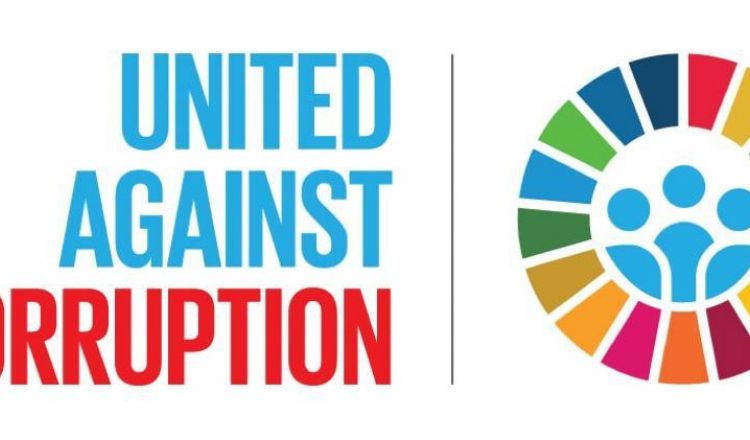UNODC's Action against Corruption and Economic Crime
2021-12-09 09:09

UNODC's Action against Corruption and Economic Crime
Corruption is a complex social, political and economic phenomenon that affects all countries. Corruption undermines democratic institutions, slows economic development and contributes to governmental instability. Corruption attacks the foundation of democratic institutions by distorting electoral processes, perverting the rule of law and creating bureaucratic quagmires whose only reason for existing is the soliciting of bribes. Economic development is stunted because foreign direct investment is discouraged and small businesses within the country often find it impossible to overcome the "start-up costs" required because of corruption.
The United Nations Convention against Corruption is the only legally binding universal anti-corruption instrument. The Convention's far-reaching approach and the mandatory character of many of its provisions make it a unique tool for developing a comprehensive response to a global problem.
The Conference of the States Parties (COSP) is the main policy-making body of the Convention, supporting States parties and signatories in their implementation of the Convention and giving policy guidance to UNODC to develop and implement anti-corruption activities. The actual implementation of the Convention into domestic law by States parties is evaluated through a unique peer-review process, the Implementation Review Mechanism.
To support States parties' efforts to fully implement the Convention, UNODC delivers technical assistance in various corruption-related thematic areas, such as prevention, education, asset recovery, integrity in the criminal justice system, etc.
Signature and Ratification Status


Parties: 189
Status as of: 11 August 2021
Entry into force: 14 December 2005, in accordance with article 68 (1) which reads as follows: "1.This Convention shall enter into force on the ninetieth day after the date of deposit of the thirtieth instrument of ratification, acceptance, approval or accession. For the purpose of this paragraph, any instrument deposited by a regional economic integration organization shall not be counted as additional to those deposited by member States of such organization. 2. For each State or regional economic integration organization ratifying, accepting, approving or acceding to this Convention after the deposit of the thirtieth instrument of such action, this Convention shall enter into force on the thirtieth day after the date of deposit by such State or organization of the relevant instrument or on the date this Convention enters into force pursuant to paragraph 1 of this article, whichever is later."
Text: Doc. A/58/422
Note: The Convention was adopted by the General Assembly of the United Nations on 31 October 2003 at United Nations Headquarters in New York. It was open to all States for signature from 9 to 11 December 2003 in Merida, Mexico, and thereafter at United Nations Headquarters in New York until 9 December 2005, in accordance with article 67 (1) of the Convention. The Convention shall also be open for signature by regional economic integration organizations provided that at least one member State of such organization has signed this Convention in accordance with its article 67 (2).
For more details and list of status of each country, click here.









